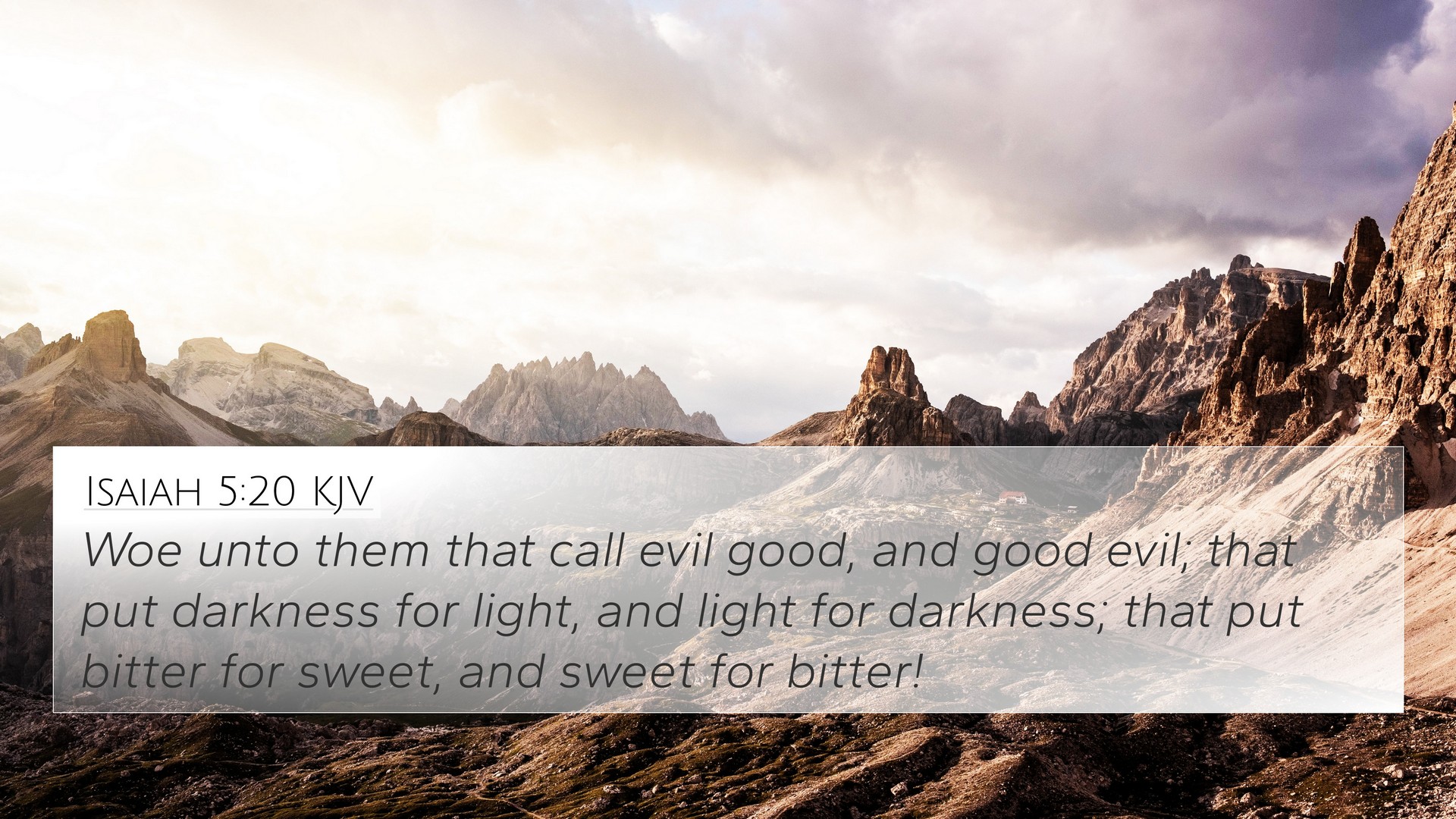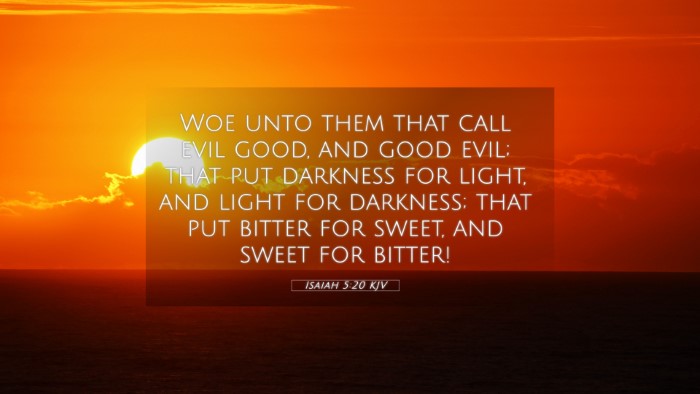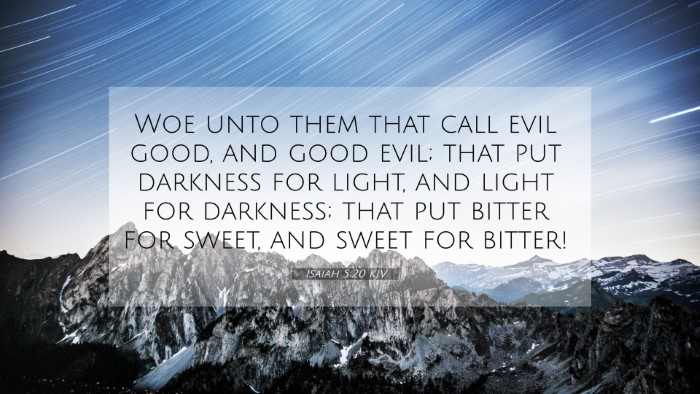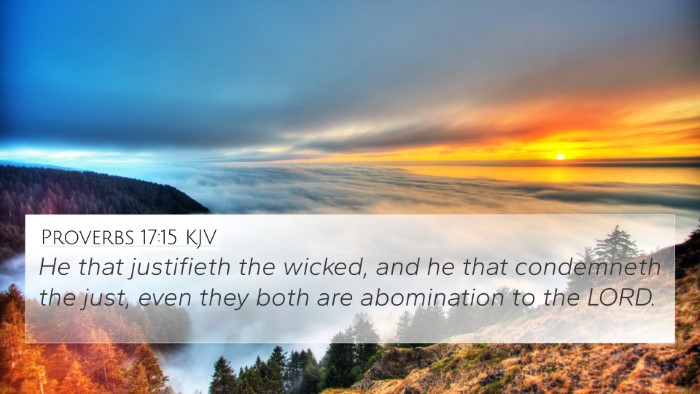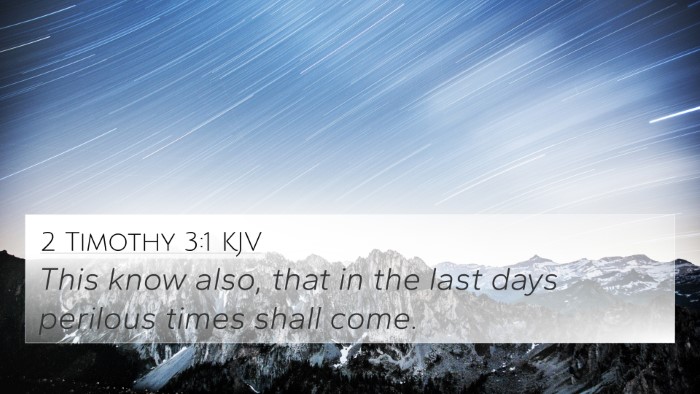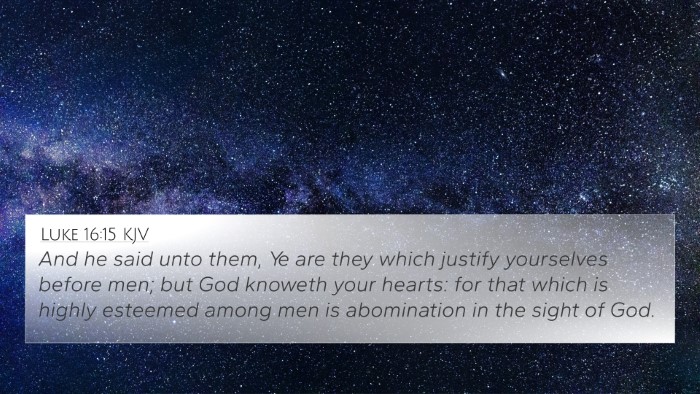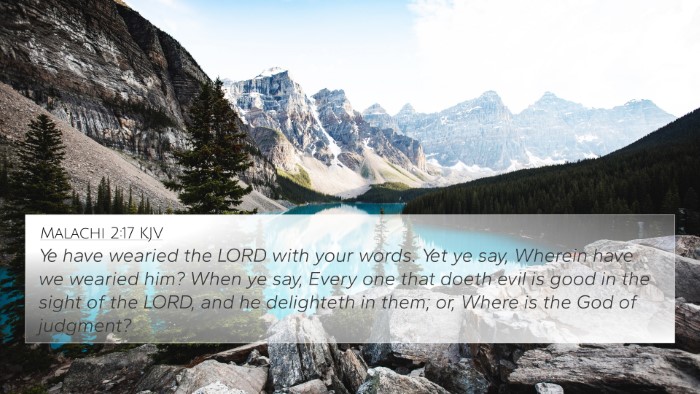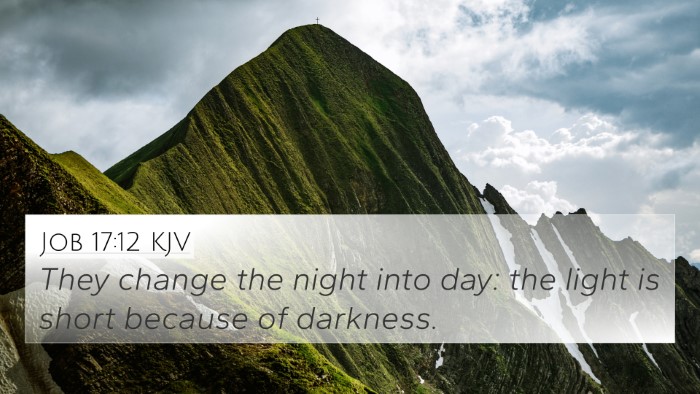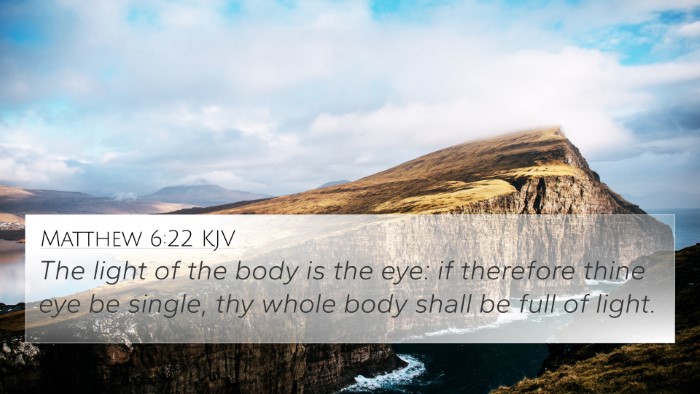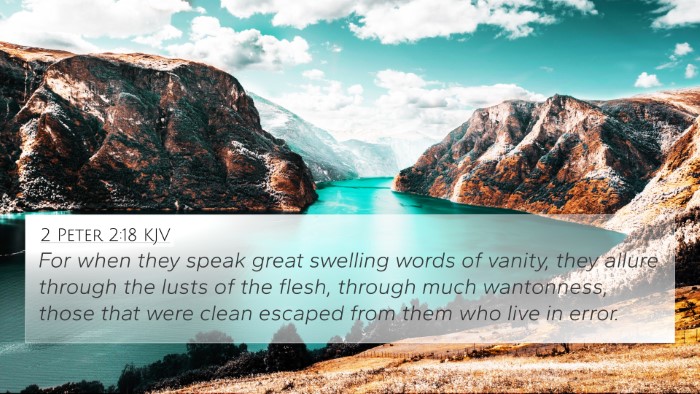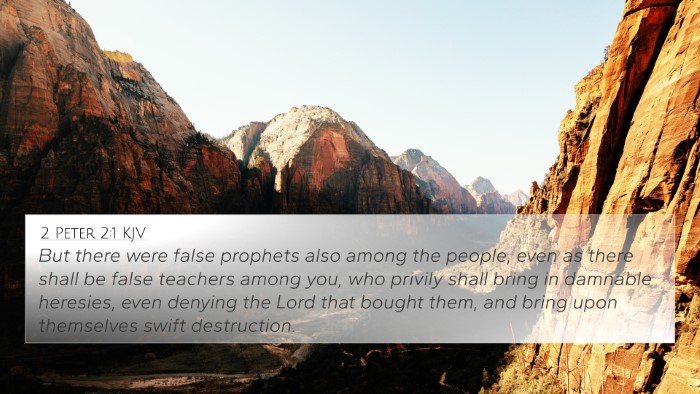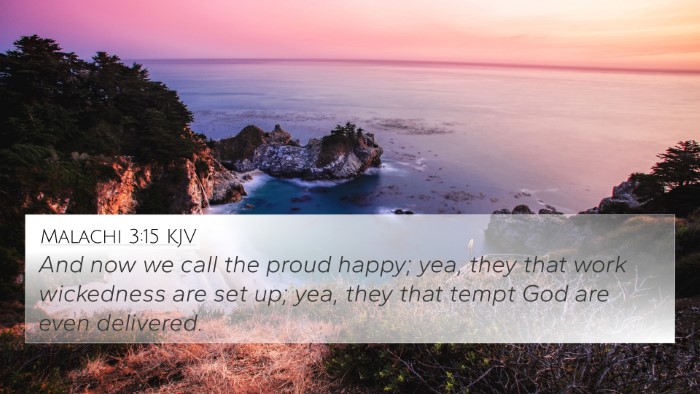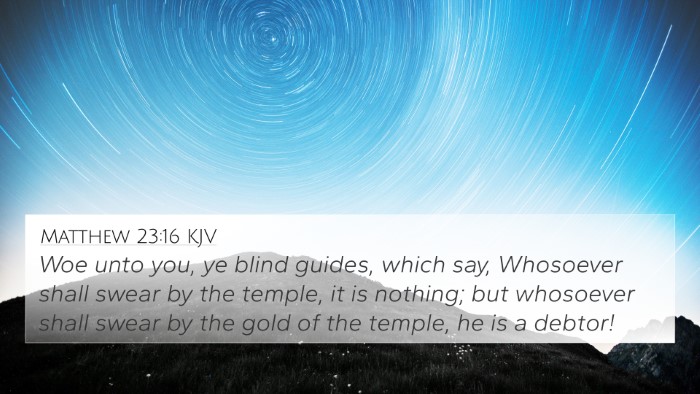Understanding Isaiah 5:20
Isaiah 5:20 states, "Woe unto them that call evil good, and good evil; that put darkness for light, and light for darkness; that put bitter for sweet, and sweet for bitter!" This verse presents a profound warning about moral inversion and the perils of mislabeling fundamental realities.
Summary of Insights
This verse serves as a critical admonition against a societal tendency to confuse good with evil and darkness with light. Such moral distortion leads to confusion and ultimately results in spiritual and social decay.
Key Themes and Interpretations
- Moral Clarity: This verse underscores the necessity of maintaining moral clarity, where good is recognized as good and evil as evil.
- Judgment and Woe: The exclamatory "woe" signifies impending judgment upon those who engage in this perverse inversion, highlighting God's disapproval.
- Symbolism of Light and Darkness: Light symbolizes truth, righteousness, and divine guidance, while darkness represents ignorance, sin, and falsehood.
- Bitterness and Sweetness: These images reflect the moral and spiritual palate, suggesting that what should bring joy (good) is instead being twisted.
Public Domain Commentary Insights
From the works of Matthew Henry, we learn that this verse betokens a serious moral state of humanity where society is prone to mislabeling fundamental truths. Albert Barnes emphasizes the sociological implications of these inversions, warning that the impact is collectively felt and leads to the degradation of society.
Adam Clarke highlights that this confusion can cause significant spiritual harm, as individuals may lead others into error by endorsing evil as good or vice versa. Therefore, maintaining discernment is essential for followers of God's Word.
Cross-References
Isaiah 5:20 connects with various Bible verses that further illuminate its themes:
- Proverbs 17:15: "He that justifieth the wicked, and he that condemneth the just, even they both are abomination to the Lord." This verse appeals to the same moral dilemma of wrongly identifying good and evil.
- Matthew 6:23: "But if your eye is bad, your whole body will be full of darkness. If then the light within you is darkness—how great is that darkness!" This verse expands on the concept of spiritual blindness and moral misperception.
- Jeremiah 23:14: "I have seen also in the prophets of Jerusalem an horrible thing: they commit adultery, and walk in lies: they strengthen also the hands of evildoers, that none doth return from his wickedness." This further illustrates the corruption of moral standards.
- Romans 1:18-32: This passage describes humanity's descent into unrighteousness, depicting how they exchanged the truth of God for lies, paralleling the inversion spoken of in Isaiah.
- 2 Timothy 3:1-5: "This know also, that in the last days perilous times shall come." This mention of 'perilous times' aligns with the moral confusion of Isaiah 5:20.
- Luke 16:15: "And he said unto them, Ye are they which justify yourselves before men; but God knoweth your hearts: for that which is highly esteemed among men is abomination in the sight of God." This reflects how human perspectives can diverge dramatically from divine standards of good and evil.
- Isaiah 29:15-16: These verses explore the futility of trying to escape God's judgment through deceitful means, paralleling the false rationalizations discussed in Isaiah 5:20.
The Importance of Moral Discernment
These cross-references together highlight the dire consequences of mislabeling moral realities. Understanding the interplay between these verses can lead to a greater comprehension of both individual and corporate morality throughout Scriptural teachings.
Tools for Bible Cross-Referencing
For those eager to explore these connections further, various tools for Bible cross-referencing can assist:
- A comprehensive Bible concordance can be invaluable in tracking references and themes across texts.
- A cross-reference Bible study method brings clarity by displaying the relational dynamics between verses.
- A Bible cross-reference guide simplifies the process by outlining significant connections and themes.
- Bible reference resources such as lexicons and commentaries can enhance understanding and provide historical context.
- Cross-referencing Bible study methods can include thematic studies, verse mapping, and scholarly research.
Conclusion
Isaiah 5:20 provides a sobering reminder of the importance of maintaining accurate moral standards in our personal and communal lives. The implications of misunderstanding good and evil ripple through history, affecting both individual lives and society as a whole.
Thus, engaging with this verse and its connections through diligent study can illuminate profound truths that are relevant to all generations.
